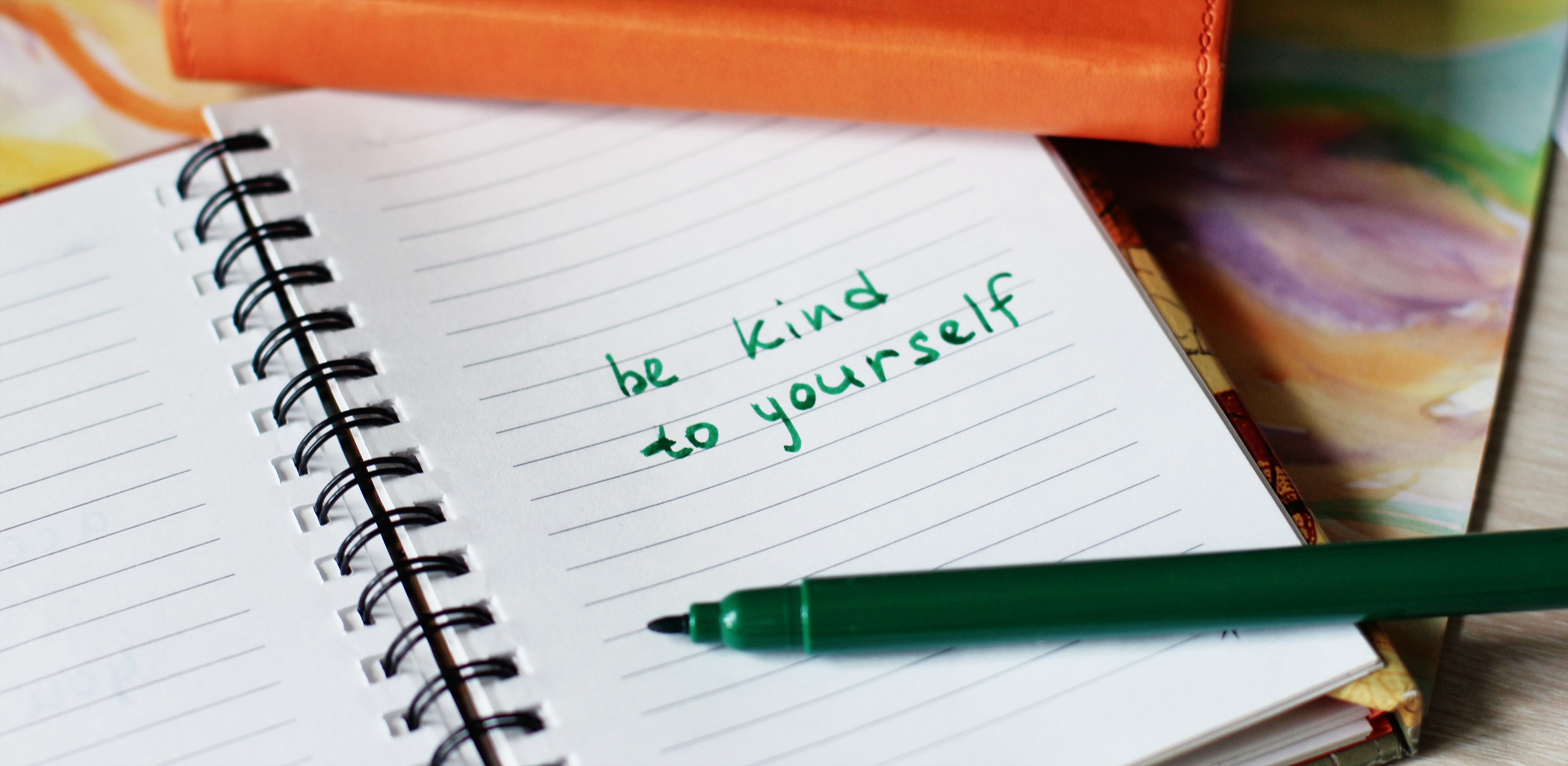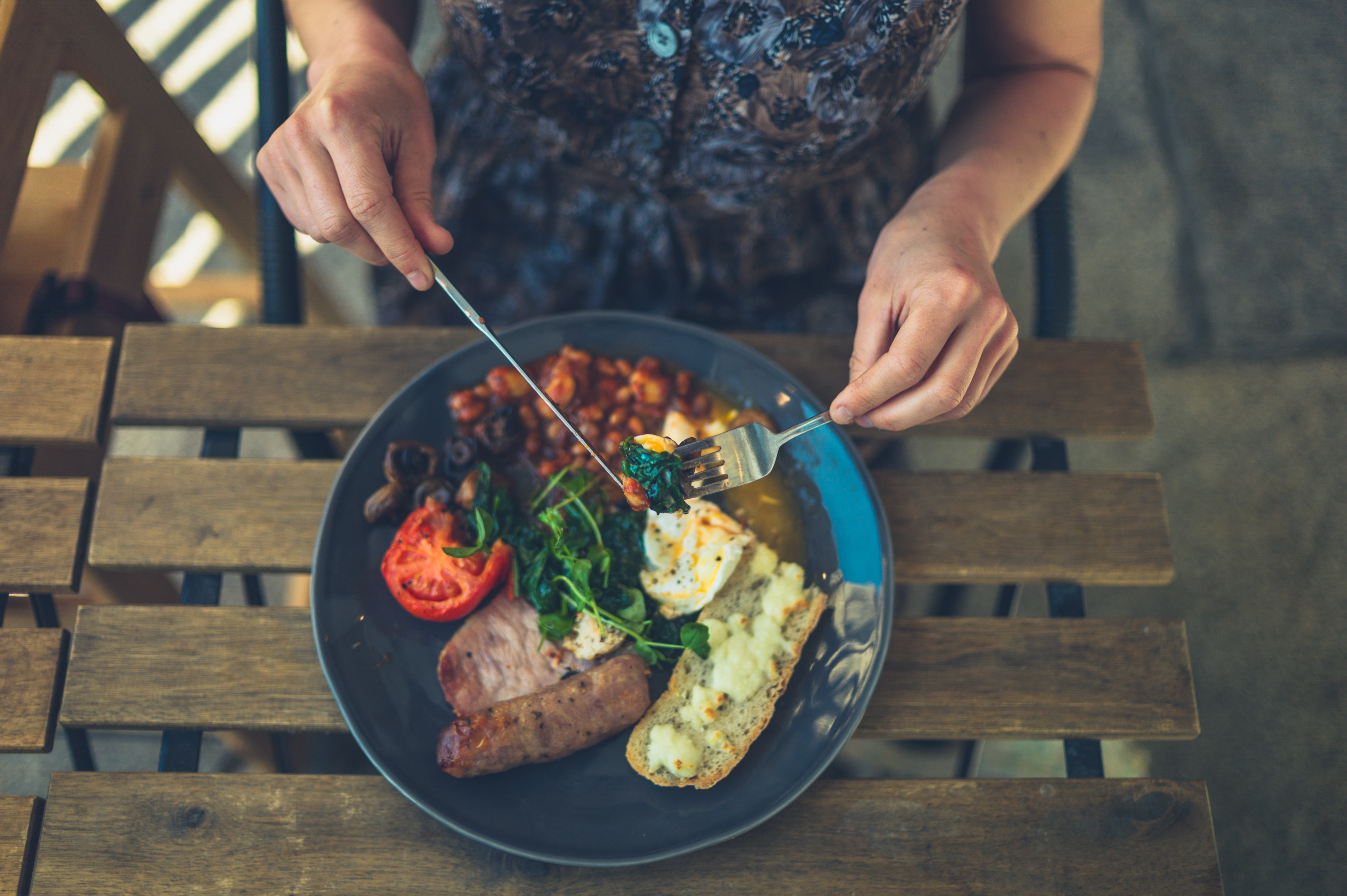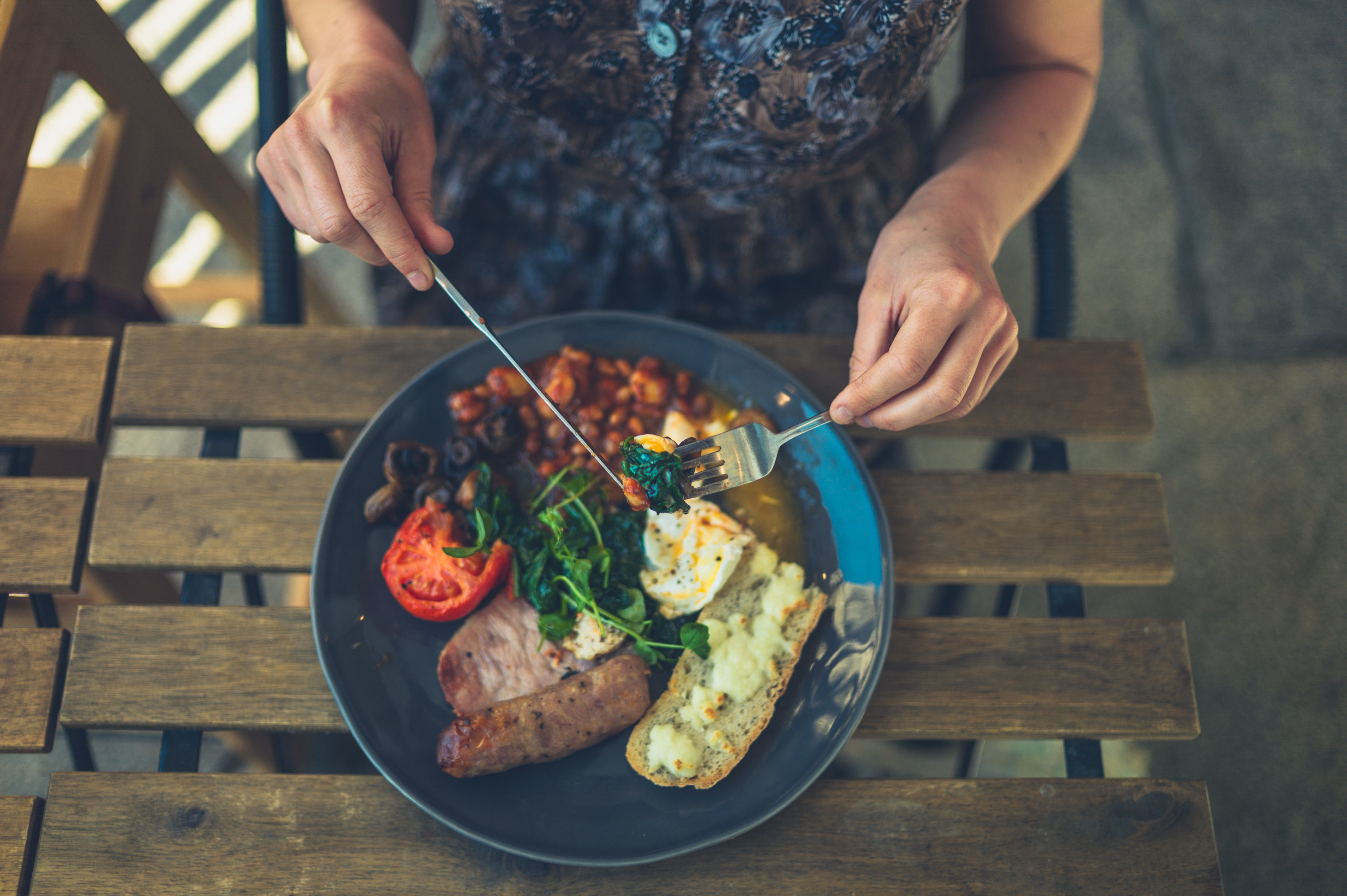We’ve all seen them- the ‘quarantine 15’ memes. Perhaps an image of Wonder Woman transformed from lean to zaftig, or a statue of David with notable increased abdominal adiposity with the caption ‘after COVID’. We’ve also all heard the commentary. Like the woman on my social media feed who swore she needed to take 25,000 steps (yes, if you’re counting, that’s almost ten miles!) per day while working from home, in order not to gain weight. And all the posts joking that ‘summer bodies are canceled’.
As an eating disorders psychiatrist, these images and this type of talk concern me. First, I am of course concerned for those in our society who are vulnerable to the development of a full-blown, clinical eating disorder and may be triggered by such input. However, I’m also pretty concerned for the rest of us- not as a psychiatrist, but as a fellow human being.
May I get vulnerable for a few minutes? On a personal level, I’m someone who’s devoted vast amounts of mental energy to learning to accept her body at the size it naturally desires to be. So seeing the ubiquitous ‘COVID-15’ social media content evokes a real sense of empathy for everyone who’s trapped in what I like to call a ‘state of body distrust’. I am reminded just how very common- dare I say, normal- it is to have a less-than-peaceful relationship with one’s body.

I remember this state of body distrust all too well. The mentality that ‘I must move a certain amount each day’ in order to keep my body at a certain size (a size which, let’s be honest, I already disliked- and yet was terribly afraid of trading in for a larger one). Even being afraid to take certain jobs, for the fear that I would become too sedentary.
I remember sharing in our society’s oh-so-common distrust of food. Never feeling that it was really ok to eat multiple filling meals per day- especially in public- which led to strong urges to snack frequently on energy-dense foods, which led to disappointment in myself. Thoughts such as ‘I had a 210 kilocalorie Lean Cuisine for lunch- why am I so hungry 2 hours later?’ were a daily occurrence.
Now, don’t get me wrong- this state of body distrust was not in the context of an active eating disorder. I thought I was healthy, and I was proud of myself for being active. I thought that a truly objective viewpoint was that yes, I needed to lose a few pounds (didn’t everyone, I thought?), and stop snacking so much, but I thought that I was generally on the right track.
When I did snack, I tried to ignore my cravings for energy density in favor of low-fat items, of course. Non-fat yogurt, air-popped popcorn, and lots of Diet Coke or seltzer. That was the way of everyone around me. That was normal.
Is this sounding familiar to anyone?
One of the most rewarding journeys of my life has been the process of accepting that food is meant to be filling.
At a job early in my career, I remember starting to notice what several of my male colleagues tended to eat for lunch daily. I remember being amazed by the quantity of food they felt comfortable consuming for lunch. (Extravagant, indulgent things, I thought- a sandwich with meat, cheese, and mayonnaise! AND a piece of fruit.)
But I was able to get over my initial surprise, and something in the depths of my brain shifted. A wild and wonderful thought took hold- that maybe, just maybe- there was nothing wrong with their food intake. And perhaps it was ok for me to embrace my appetite too.
In fact, I began to think, eating filling meals might be more ‘normal’ than the more restrictive, ‘disciplined’ patterns usually embraced by myself and many of the high-achieving women who surrounded me. Slowly, and with the help of other sage examples, I began to learn a new way of being. To fill my stomach when empty. To stop invalidating my own human craving for fullness. To choose full-fat yogurt, every time, because our bodies are meant to use fat as a signal for self-regulation.
Fast forward 15 years, and we live in unprecedented times. The COVID-19 pandemic has many of us confined in large part to our homes. And the anxiety, for those who have not learned to trust their bodies, is skyrocketing.
If this is hitting home for you- please know, there is a different way.

First, believe the science.
Our metabolisms are amazing entities. The bodies of mammals are naturally programmed to try to maintain our weight within a certain range. Leptin- ghrelin- our bodies are chock full of signals which work in a delicate balance to regulate our hunger and fullness cues. When our bodies feel deprived, certain peptides are released to get us to increase our food intake. Conversely, when our bodies are in a state of energy excess, if we listen carefully, we will often hear our bodies’ natural hunger drive diminish a bit.
Enter pandemic. In ‘normal’ times, many of us spend a great deal of mental energy trying to override our natural hunger cues, and maintain our body weight and adipose tissue below a comfortable set point. When this is the case, and then when a major life stressor such as COVID-19 enters the picture and occupies some of our mental bandwidth, it becomes harder to follow strict food rules. The tightly regulated system of undernourishment that we’ve participated in for years can begin to fall apart. This can be terrifying. It can lead to fears that ‘the weight gain will never stop’. But the fear that your body will gain and gain forever is a false fear.
However, here’s a radical truth: If your weight has been artificially suppressed for years via dieting, and you begin to liberalize your food intake, your body may in fact settle at a size that is not your preference. Let’s say, hypothetically, that an additional 10 pounds ends up staying on your frame. Maybe for a season, maybe indefinitely. What would it mean to learn to make peace with that reality? How much more mental energy might you have free for your friends and loved ones, your work, your passions?
Second, embrace the uniqueness of this time to honor food in a new way.
Supply chain difficulties, and a reluctance to unnecessarily enter grocery stores, have led to unprecedented creativity and a renewed process of cooking from scratch for many of us. I have made pasta from scratch for the first time- due to no spaghetti available! – and I have baked my first loaf of bread in 15 years. While I’ll be happy to one day go back to being able to predictably source all my family’s needs from the grocery store, I think there can be an unexpected ‘silver lining’ in this time.
Every time we are obligated to reckon with our food in its most basic form, we develop a new appreciation for it, and that helps us eat mindfully. A core tenet of mindfulness is remaining non-judgmental. It’s harder to judge the alfredo sauce when you’ve stirred it by hand instead of opening a jar. It’s harder to judge the bread as ‘bad’ or ‘sinful’ when you are acutely aware of all the energy and love (and messiness!) that went into every knead of the dough.
Third, commit to move joyfully or to, instead, celebrate rest.
Joyful movement is one of the tenets of the Health at Every Size movement, and the concept that movement should be enjoyable was another game-changer for me. For so long, I felt obliged to move my body a certain amount each day. As such, I engaged in a fair amount of non-enjoyable exercise, which I was then proud to check off my list of daily accomplishments. But these days? When I am tired, I rest. Rest is not morally inferior to movement. They both serve our bodies. And when I move, I attempt to move with joy. That way, my soul as well as my physical strength is fed.
Finally, draw strength and wisdom from the example of those who are already leading the way.
If the idea of leaning into a new, anti-diet mentality seems overwhelming or impossible, please know that you are not alone. There are others journeying with you- many of us- pushing back against the norms that keep so many women stuck. Daily, I am inspired by thought leaders such as Lindo Bacon, Sonya Renee Taylor, Christy Harrison, the Be Nourished founders. I am inspired by the everyday wisdom of so many of my sisters across the African diaspora, who tend to be less likely on the whole to equate health with chronic hunger. Wherever and whoever you are, in today’s world, if you’re looking- you can find someone else who is eating with freedom. Cling to them. Learn from them.

In a world now affected by a new and terrifying virus, we don’t know when our society will return to any semblance of ‘normal’. But as many spiritual leaders have recently noted, perhaps our society’s ‘normal’ was in fact deeply flawed in many ways.
So I leave you with a question: Is your ‘normal’, restrictive relationship with food working for you? If not, maybe there is a freer way of life to be found. My hope for you is that this time of quarantine can become a season of renewed trust in your own body, and of increased freedom and joy with regard to food and movement.


